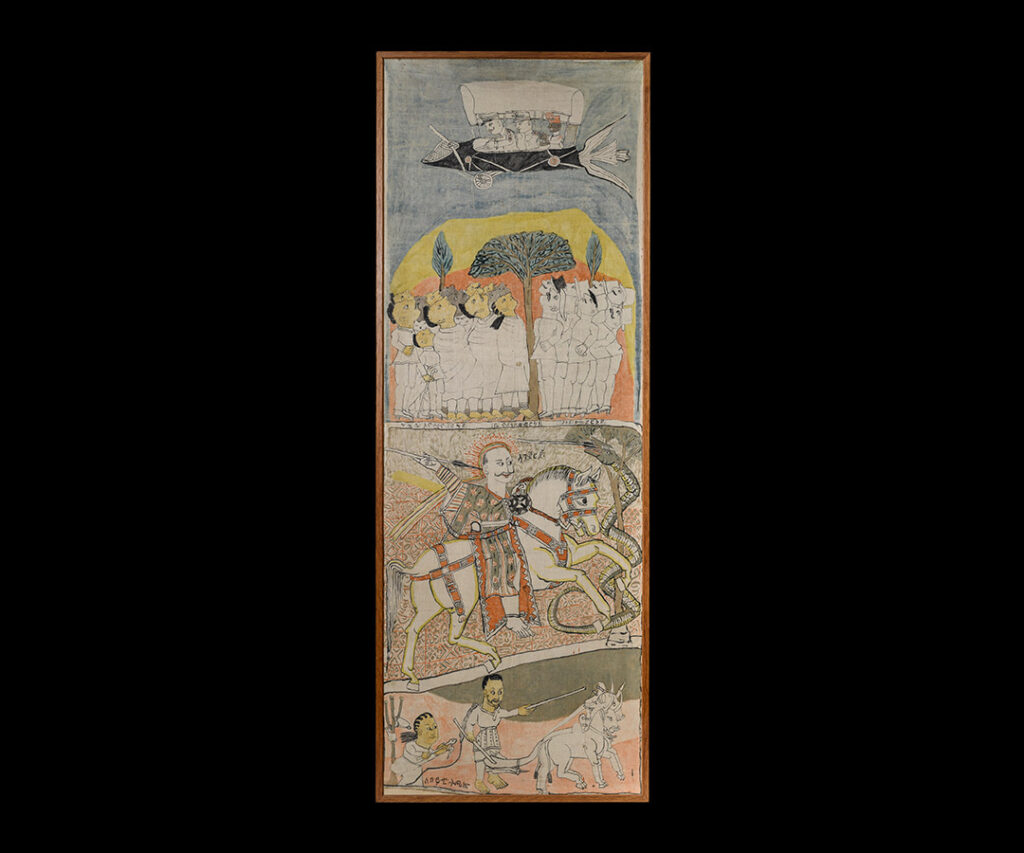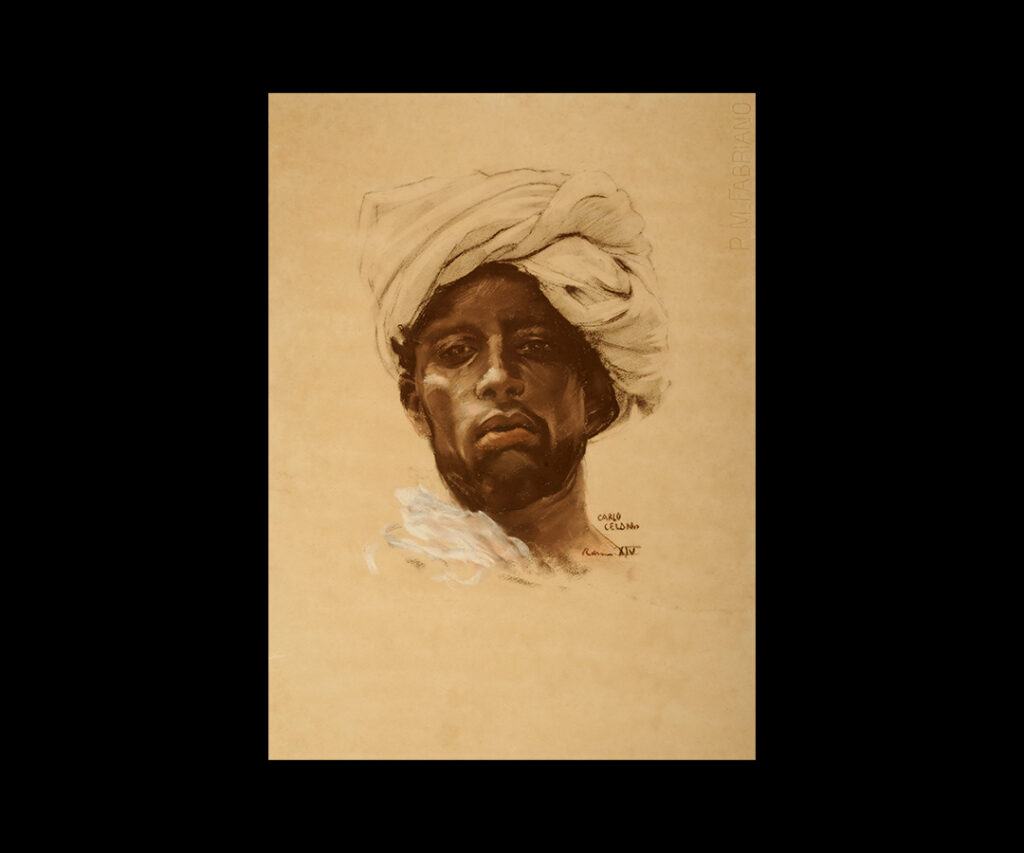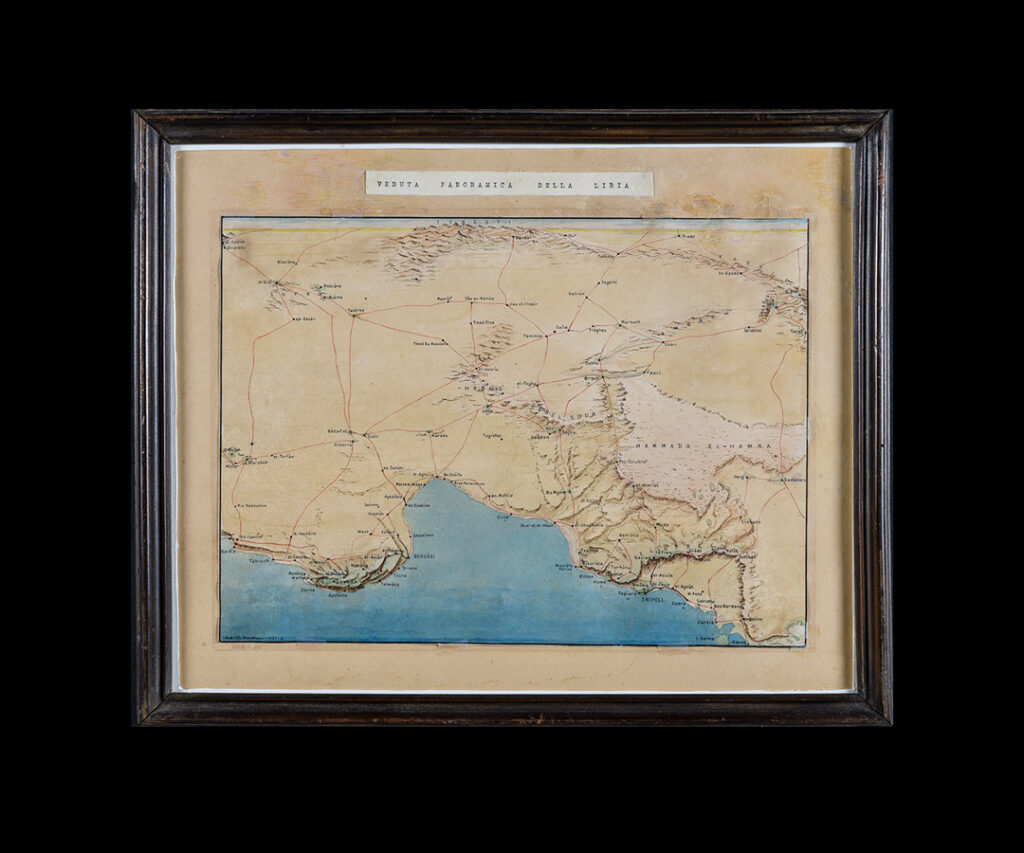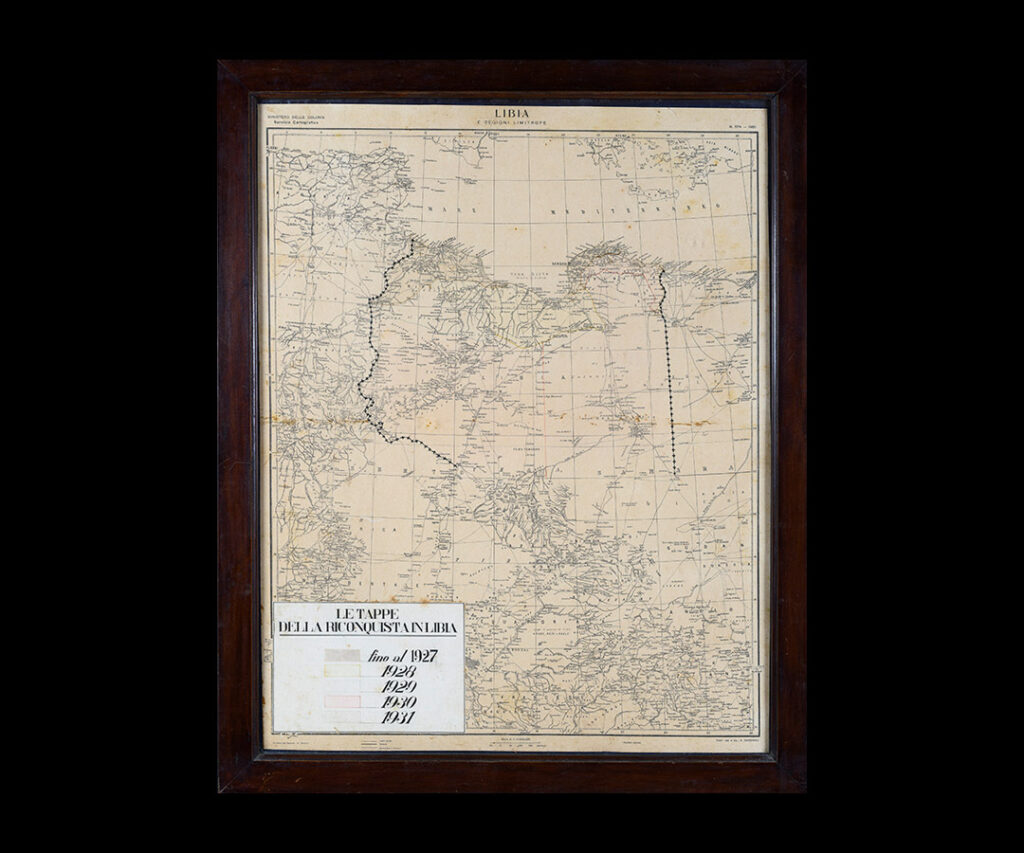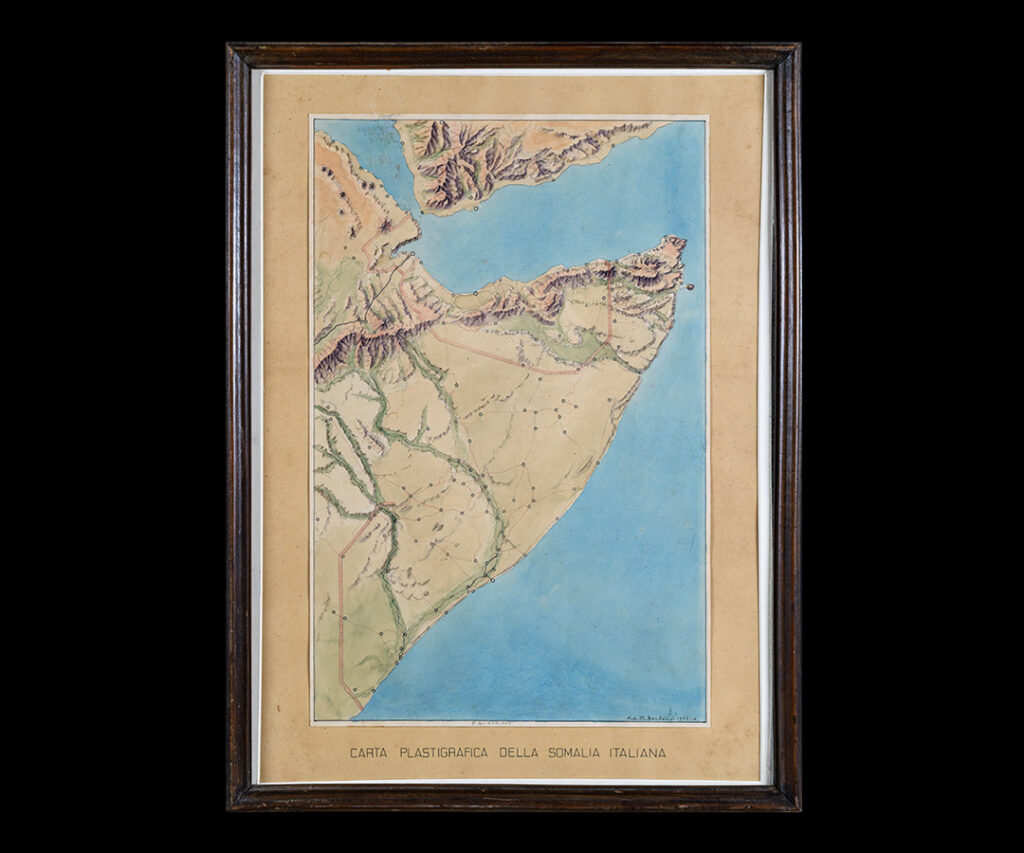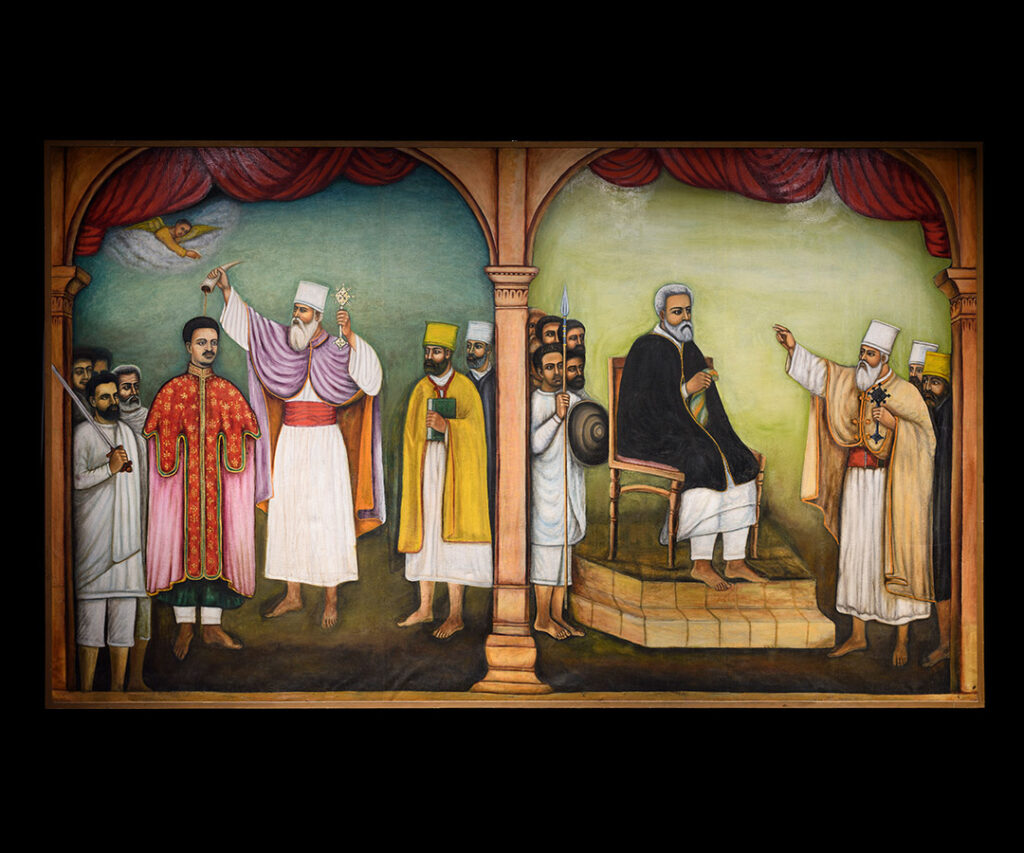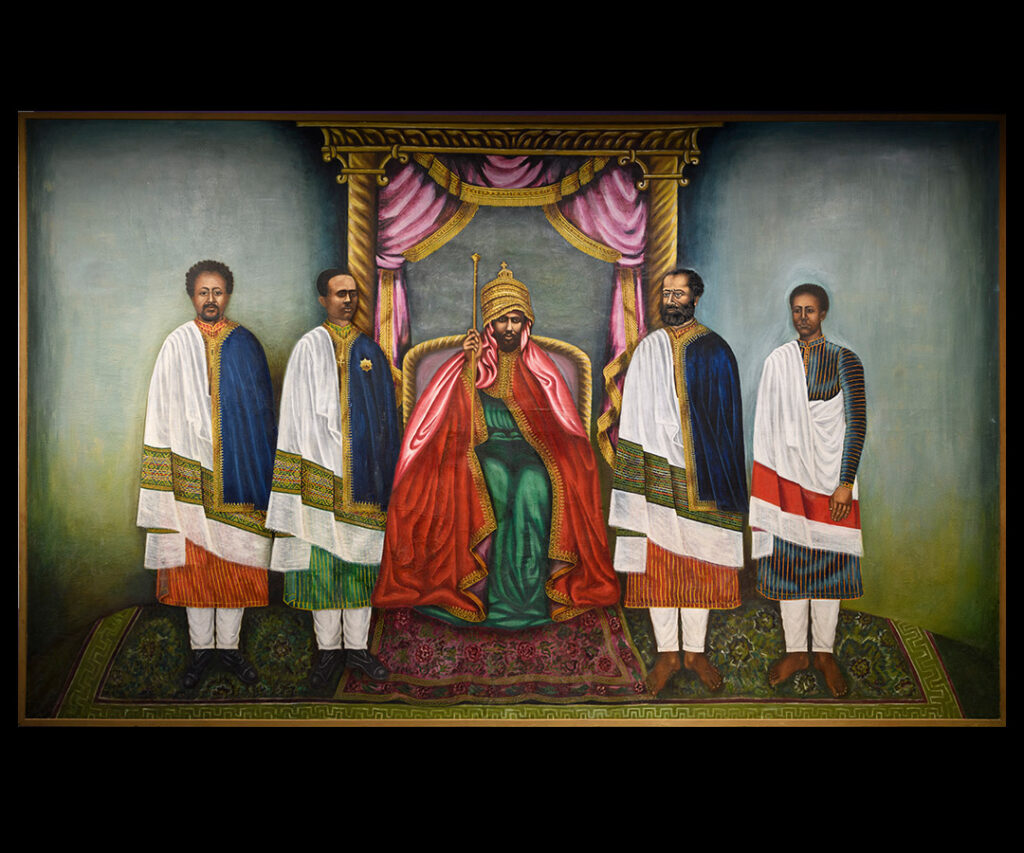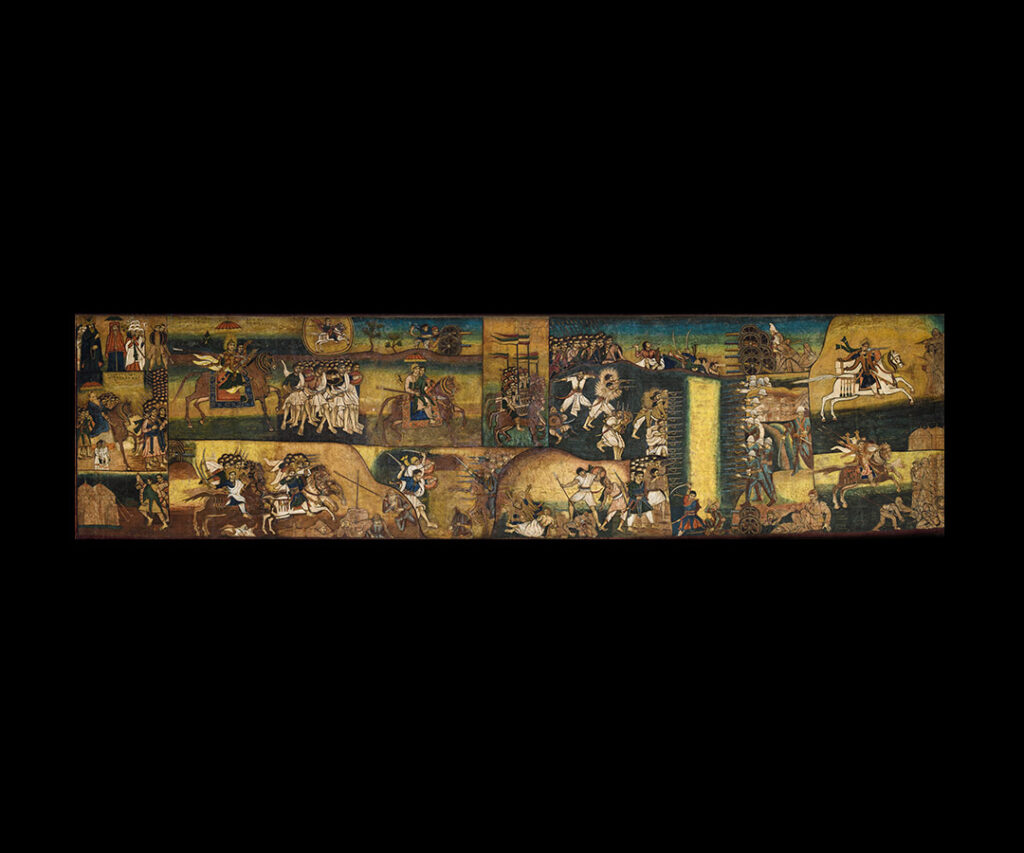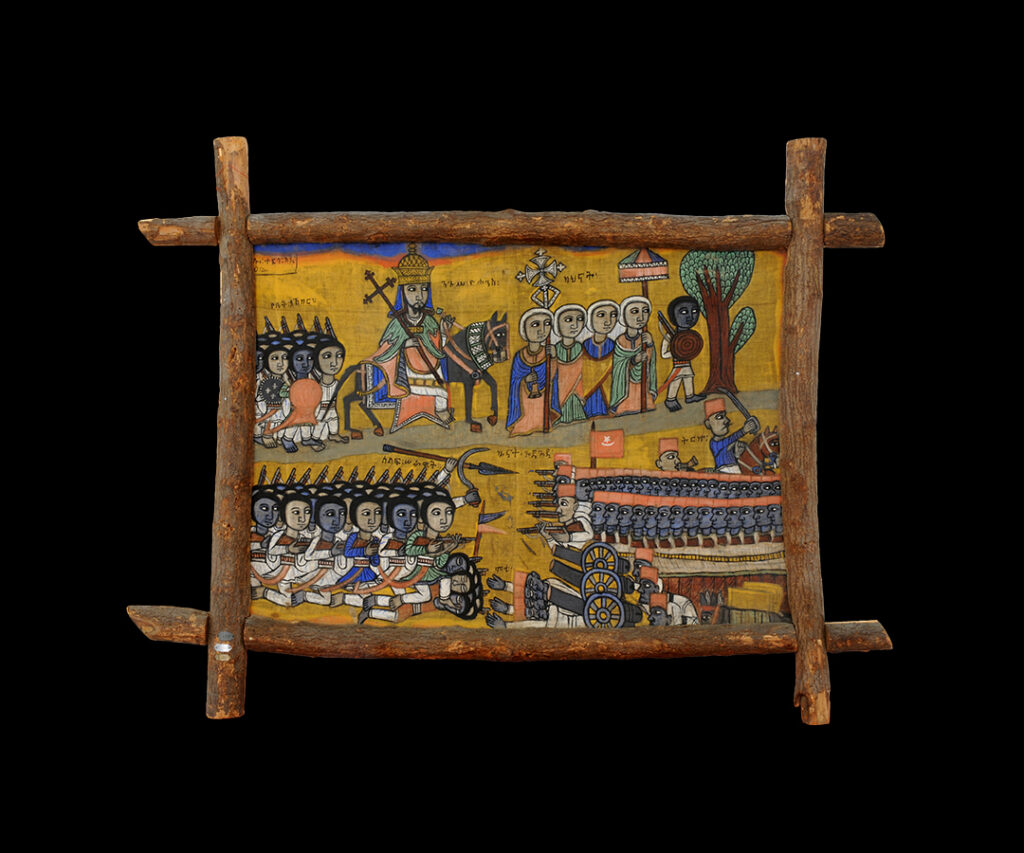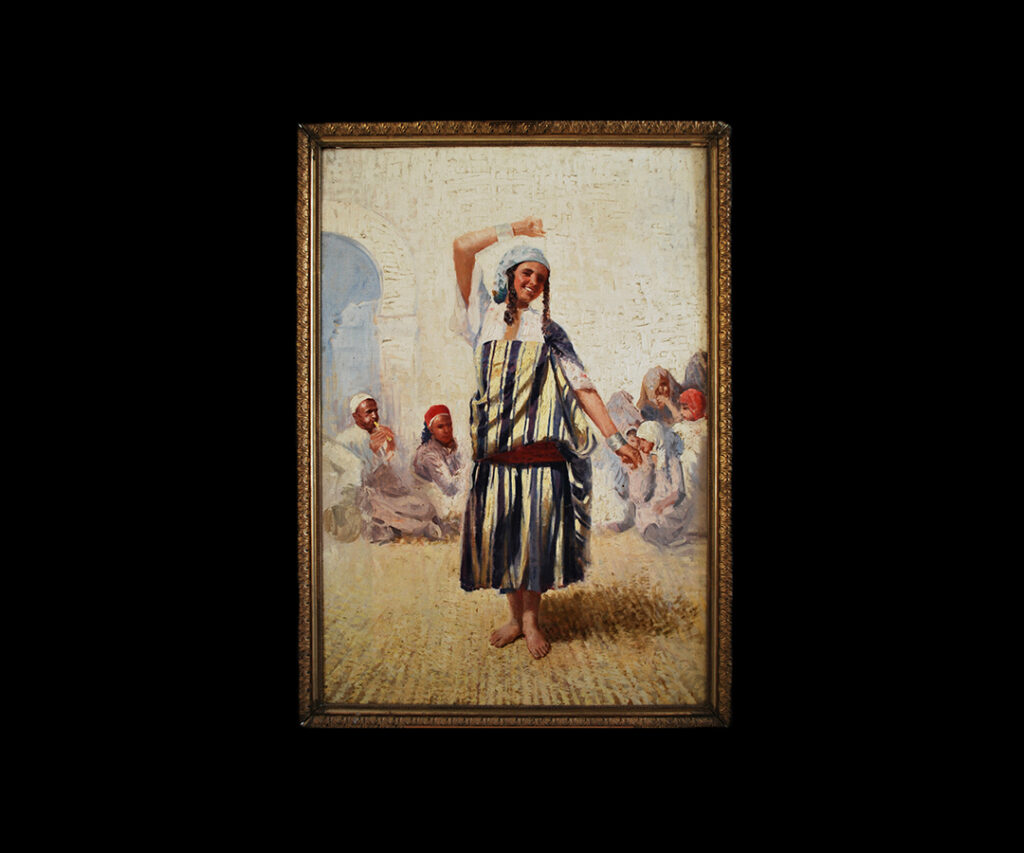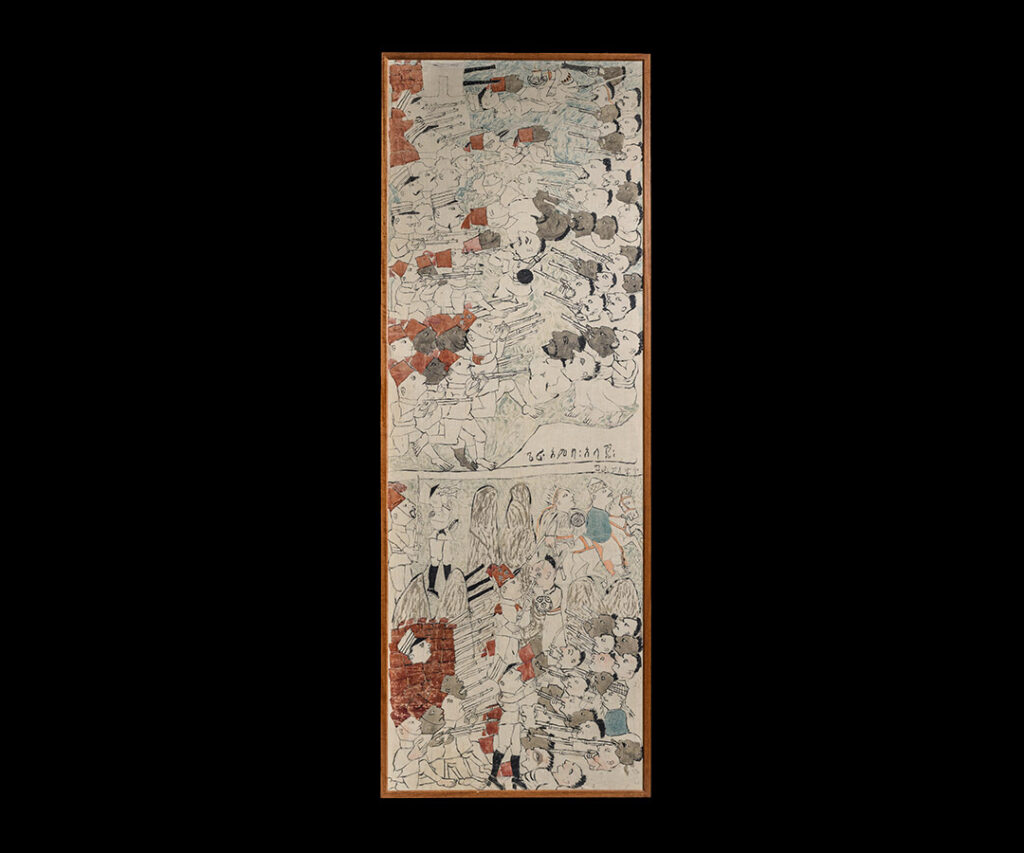Former Colonial Museum
Palace of Sciences
GROUND FLOOR, FIRST floor
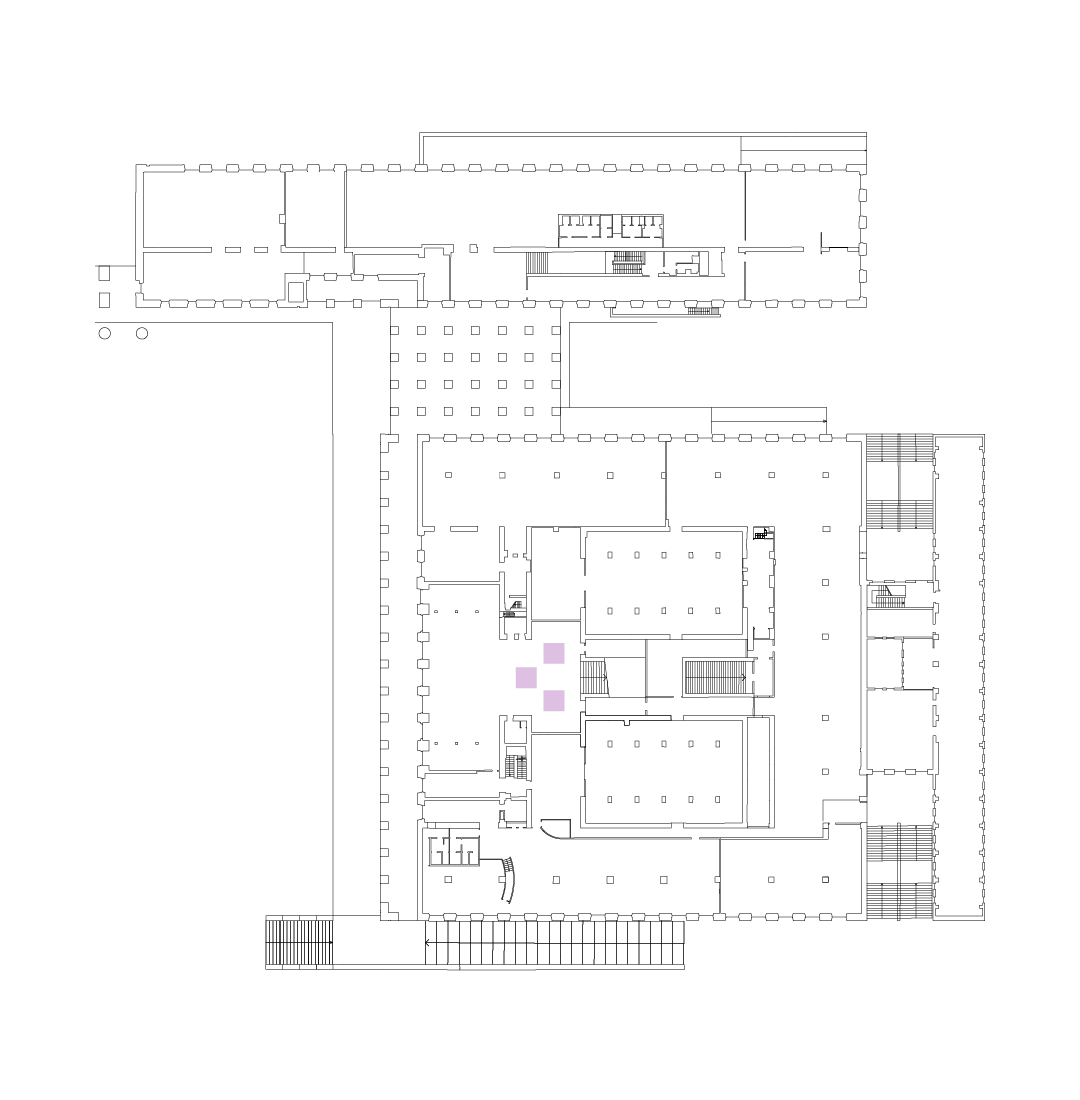
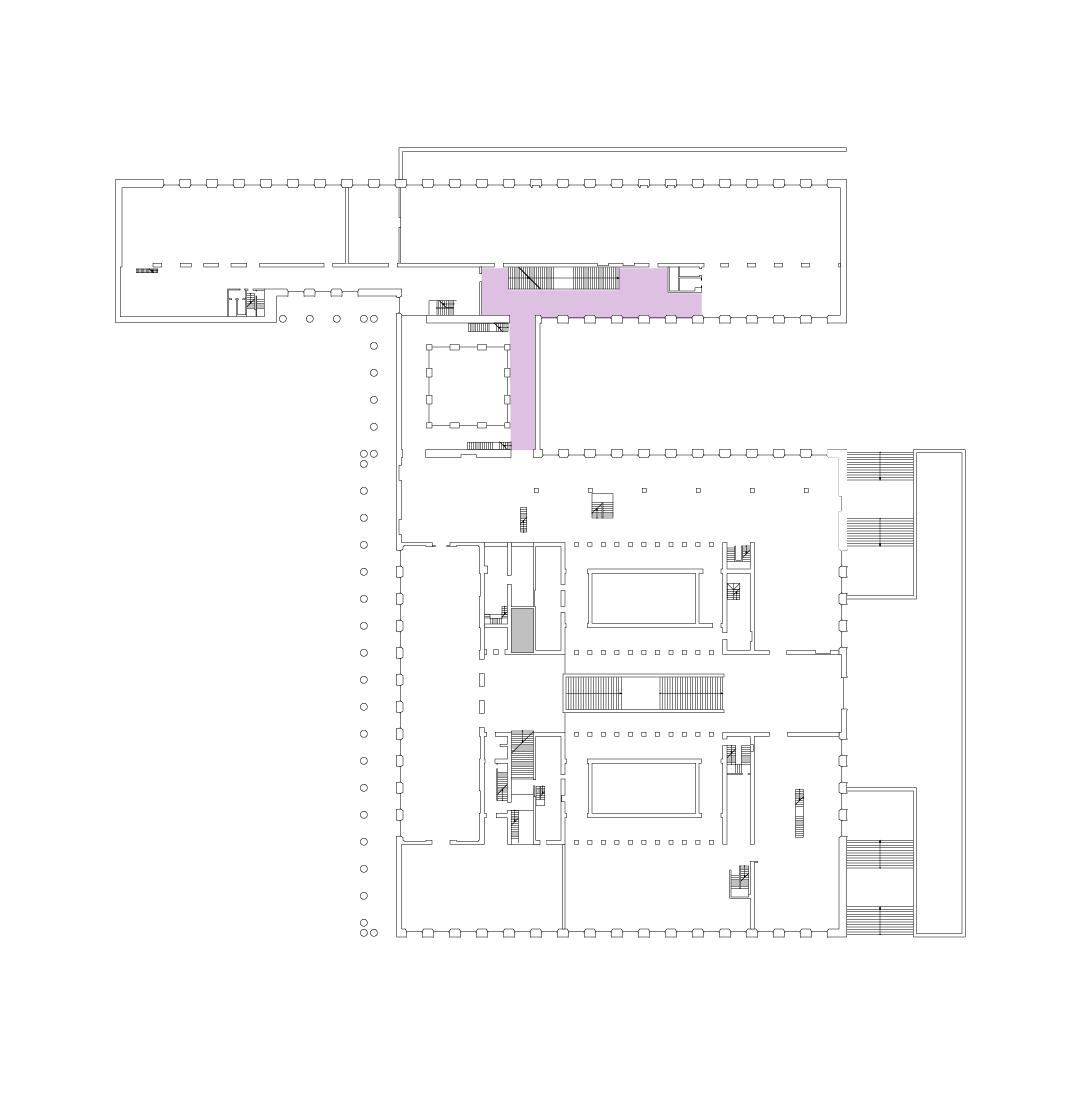
The origins and history of the collections
From the former Colonial Museum (1923) to the Museum of Civilizations (2016)
In 1923 Benito Mussolini inaugurated a new “Colonial Museum”, of propagandistic aims, housed in the Palazzo della Consulta of Rome. The first collections consisted of materials gathered from the Italian colonies of Libya, Eritrea and Somalia, beginning from the 1880s, and gradually increased for purposes of displays at various fairs and exhibitions, such as the International Exhibition of Marine and Maritime Health held in Genoa in 1914. The museum continued growing its collections until the outbreak of World War II, by that time amassing most of its 12,000 objects. Produced or gathered during military-colonial operations in Africa, these materials are mostly ethnographic in character but also archaeological, architectural, art-historical, and related to natural sciences and geographical “explorations”.
In 1935 the museum moved to a larger location on Via Aldrovandi, and in 1940, with the proclamation of the Empire of Italian Africa, was renamed the Museum of Italian Africa. However the museum was closed for much of World War II, in part for conducting inventory. It then reopened in 1947, the same year that Italy formally relinquished all colonies, with the exception of an administrative role for the UN Trust of Somalia.
As early as 1956, the collections were devolved to the Italian Institute for Africa, under the supervision of the Ministry of Foreign Affairs, but in the 1970s the museum was permanently closed. When responsibility for the collections passed to the Ministry of Cultural Heritage and Activities in 2017, they were transferred to the Museum of Civilizations.
In 2022, the Museum of Civilizations activated a number of positions in support of the ongoing work of studying and cataloguing the collections, and of supporting national and international research groups for the study of collections of colonial provenances. The Italian group draws in curators, historians and other academics, artists, writers, musicians, critics, activists and members of local communities, who according to their individual positions and experiences, have shared their reflections on the appropriateness of continuing of a collection originally dedicated to colonialism, and who have proposed new forms and platforms of sharing. Research has focused on the criteria for carrying out research and public programs, and the structures and aims under which the collections should be managed, also concerning restitution to the countries of origin, in keeping with the indications provided by the Working Group for the Study of Issues Concerning Colonial Collections. The role of this group is to support the work of the Committee for the Recovery and Restitution of Cultural Heritage, established by decree of the Ministry of Culture on 18 October 2021, amended 20 April 2022, which itself includes the director of the Museum of Civilizations.
The complex story of the former museum reflects the history of Italian colonialism, from the first expeditions to the Horn of Africa to the post-colonial phase. Its collections therefore represent a tool for critically reconstructing the history of Italy’s relations with Africa, and for reconfiguring the colonial legacy along a path composed at once of memories and removals, presences and absences. The Museum of Civilizations has no plans to open a “new” Colonial Museum, but rather to continue examining how to overcome such an institutional form, imagining, sharing and enacting the alternatives that originate from our shared research in the artistic, political, social and historical contexts, both national and international.
The rearrangement of the collection of the former Colonial Museum
Museum of Opacity: Documenting the complexity of the colonial past, researching it in the present, sharing it for the future
From the collections
The informations contained in the captions are derived from historical documentation or cataloging and inventories that do not necessarily reflect complete or current knowledge on the part of the Museum of Civilizations.
The progressive revision of the collections database is ongoing and will be constantly updated based on the research conducted and by activating comparisons and collaborations with external parties as well, with particular attention to provenance studies.
Archive under updating

